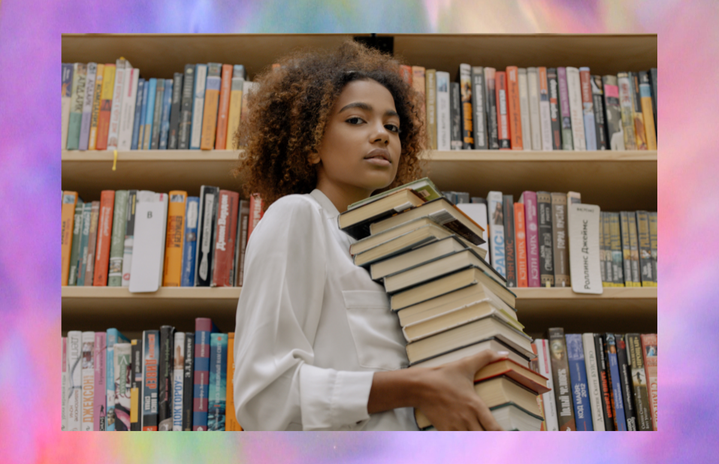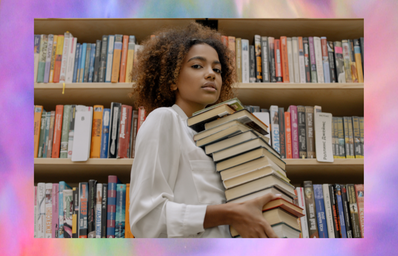As an avid reader, BookTok is a side of TikTok I have been a part of for a long time. If you have yet to find this corner of the algorithm, BookTok refers to a community of people on TikTok who read and suggest books to one another. While many of these communities have emerged on TikTok through people who share similarities in hobbies, opinions, music tastes, and even more, BookTok has proven to be a very influential source of information for many people, including me, in what books they hear about and pursue to read. In my opinion, there are both pros and cons to this online community.
Like any online community, BookTok is a haven for readers to connect and receive book suggestions from one another, which seems objectively positive overall. Further, it has provided a space primarily for literary enthusiasts to exchange recommendations, talk about authors and expand on important themes in literature. While this space is not just for young women, it seems that they comprise most of this community.
However, I have begun to change my perspective on BookTok as I change my perspectives on media consumption. I noticed that much of the media I consume, from books to TV and movies, is made by white artists, and I am trying to stay cognizant of that as I attempt to diversify my consumption. However, on TikTok, most of the BookTok “influencers” are white women, and this same rule extends pretty much anywhere you go on TikTok. There are many people of color similar to creators like Alix Earle or Alex Cooper, but they receive half of the public and corporate/financial attention regarding potential sponsors and partnerships. Because of the lack of diverse identities all over TikTok, but specifically in BookTok, I don’t find many books by authors of color blowing up the way other books, like “The Secret History” by Donna Tartt or any Colleen Hoover novel.
Another common theme carried throughout TikTok is overconsumption, and it does not skip over BookTok. Not only is the average book rather expensive, making reading an expensive hobby, but I have also seen TikTok shops pop up that sell “reading supplies,” like special bookmarks and stationery. Much like everywhere else on TikTok, creators have commodified what used to be a relatively simple hobby involving just a person and a story into something that can be monetized. I take umbrage with this because reading should be widely accessible, and I fear it is not. There is a genuine literacy crisis in the United States, so increasing accessibility to reading and books while providing diverse stories from authors with a wide variety of life experiences is essential.
Many people have commented and joked about the quality of the most popular books on BookTok, often citing romantic fiction and fantasy novels. I don’t think it matters what people read, as long as they read! I had a similar bias in myself recently when I decided I needed to educate myself by reading more of the classics of literature that I had not read. While reading the classes is important, I quickly turned a hobby I enjoyed into a chore. When I mix in a science fiction book, a romance book, or something of less “literary value,” it keeps me out of reading slumps and also engages different parts of my brain, as I can connect all the various experiences and emotions I have had/felt with different kinds of stories and characters. Furthermore, reading from diverse authors is essential, as diverse authors tell diverse stories that are enhance perspective and represent readers’ mixed experiences as varied and individual human beings.
Overall, BookTok is a beautiful example of an online community of people sharing stories and supporting the art of literature. However, it tends to fall into many of the pitfalls of TikTok in terms of lack of diversity and accessibility. Especially when it comes to art and storytelling, a very human hobby and form of self-expression, all people should be able to find a representation of themselves at a value they can afford.


